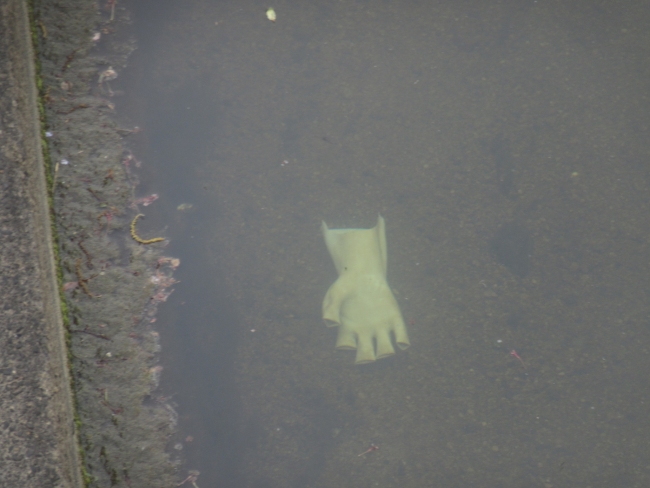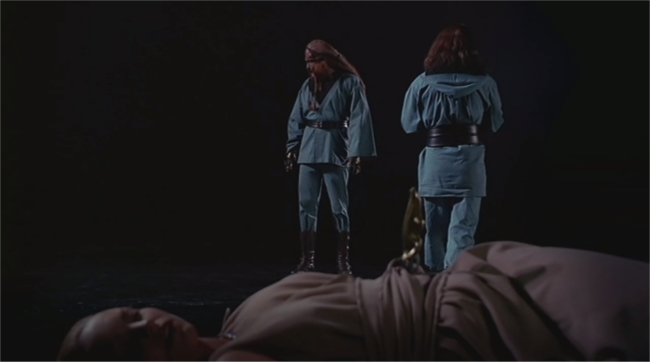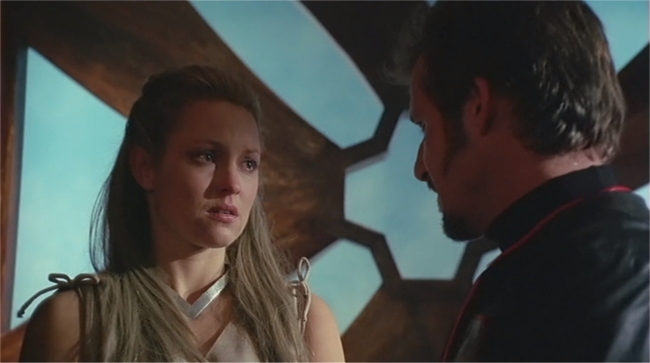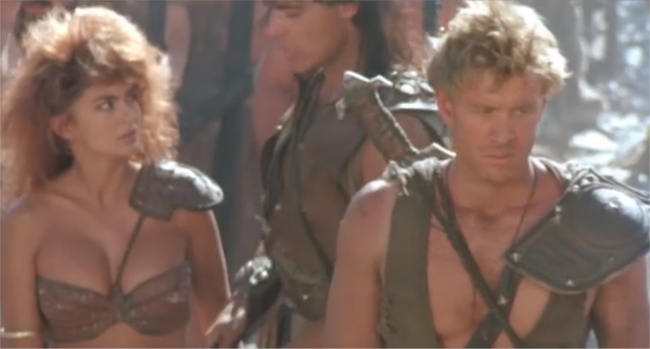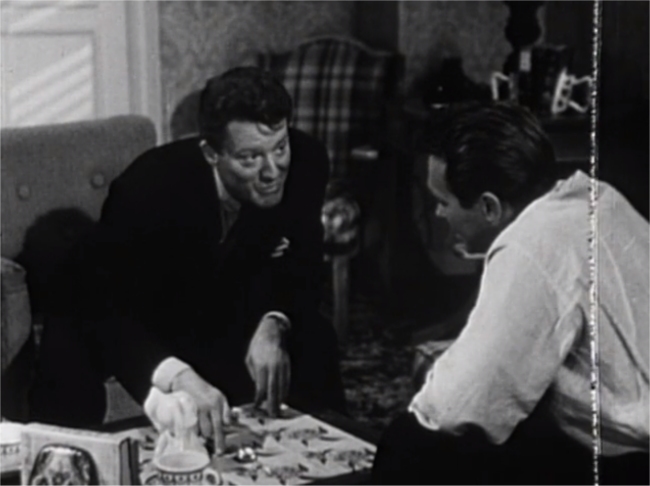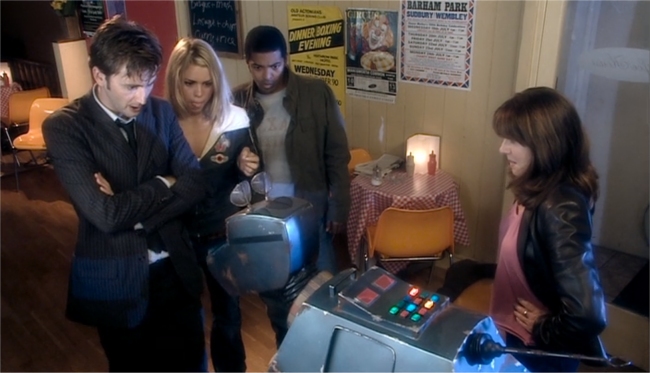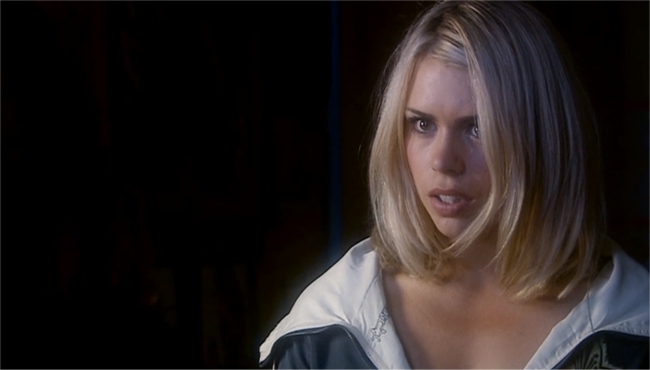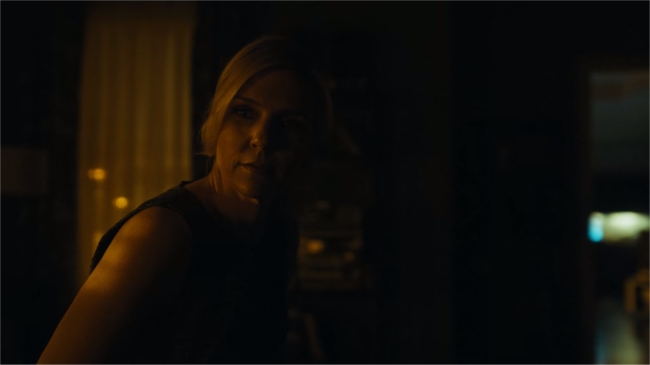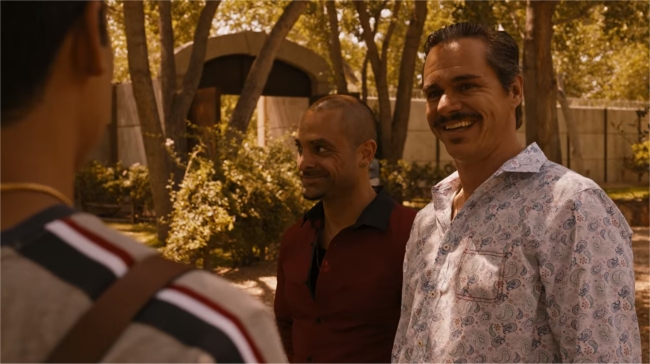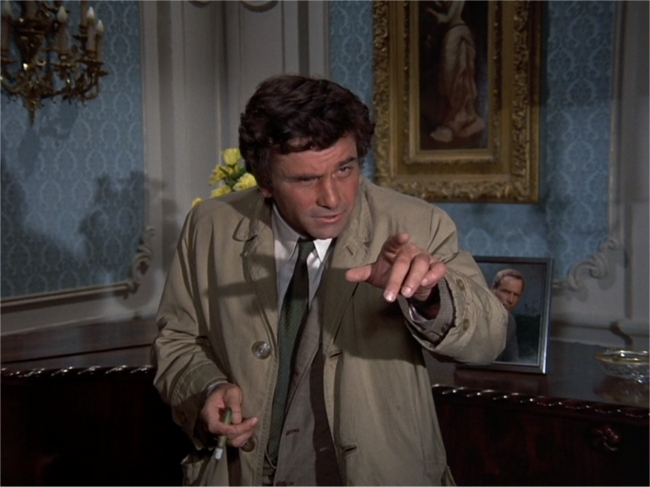
My new oatmeal. I feel classier already. When I got to Japan, I worried I wouldn't be able to find oatmeal and, indeed, most of the grocery stores near me don't carry it. But for some reason, the two next to Yamato-Yagi Station carry a lot of foreign food, including oatmeal--even Quaker Oatmeal. There's a little supermarket inside the station and there's one across the street, accessible through an underground tunnel, that's much bigger. It's worth going despite the fact that Yamato-Yagi for me is a fifteen minute walk plus a train ride of about 210 yen. I was surprised to find the little store inside the station itself was closed due to the Corona virus to-day, though.
A state of emergency has been called in Japan, still voluntary. There's a tension between people wanting to follow government instructions and people wanting to celebrate Golden Week, a period of traditional holiday, lasting from April 29 to May 5. The government has tried to rebrand it as "Stay at Home Week" but the street was pretty crowded to-day. Many of the restaurants and cafes were closed but many also had outside stalls set up with "take out" signs and tasty looking packaged meals. I settled for two rice balls and sandwiches and a couple Soy Joy bars at the station.
The mall is closed, though, except for the grocery store and the Daiso (a really nice, popular 100 yen store) on the ground floor. I was really starting to like that mall, too. Now I hear talk all this might not end until September. I doubt it, though. Once the rest of the world is out of lockdown, I doubt Japan will keep the state of emergency going on its own, even it was late to start, especially since the effectiveness of the lockdowns is debatable. According to Pathology Professor John Lee at The Spectator:
We have substantially reduced the number of people circulating in the community. If lockdown is working, and stopping the spread of the virus, it might be reducing the circulation of milder versions among the population, while at the same time concentrating people with the most severe disease in hospital wards. There we can find the perfect viral storm, containing everything needed for rapid evolution: huge numbers of reproducing units (the virus), an environment for rapid reproduction to take place in (patients and staff), and selection pressures (things that alter how the virus spreads, such as density of people, severity of disease, or length of survival).
Apparently even WHO has recommended Sweden's strategy of not having enforced lockdowns. I suspect his alone will be enough to keep Japan from doing anything more severe than it's already doing now.
Meanwhile, I'm limiting my time out to trips to the grocery store but I've still been able to enjoy a few of the sights. This big beautiful egret has been hanging out in a nearby canal:
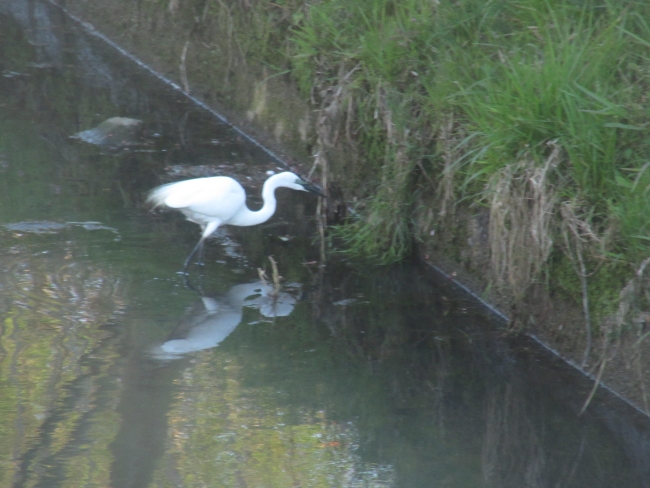
Of course, butterflies are out in force:

And the mystery of abandoned gloves continues:
